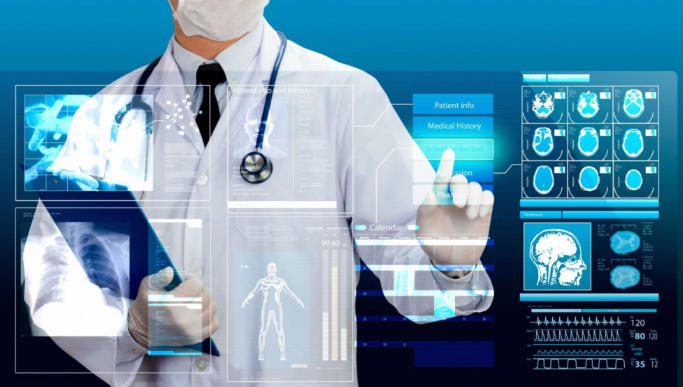Artificial Intelligence (AI) is reshaping the healthcare landscape, and the opinions of experts across medicine, technology, and ethics reveal a complex but optimistic picture. Leading voices highlight AI’s potential benefits while also cautioning about challenges that must be managed for AI to fulfill its promise safely and effectively.
Dr. Eric Topol, Cardiologist and Digital Medicine Pioneer
Dr. Topol, author of Deep Medicine, envisions AI as a transformative force that will enhance rather than replace human physicians. He emphasizes that AI can handle tedious tasks like data analysis and pattern recognition, freeing doctors to focus on patient care and empathy. According to him, AI-powered tools will enable earlier and more accurate diagnoses, particularly in cardiology and radiology, while improving workflow efficiency in clinical settings.
Fei-Fei Li, AI Researcher and Stanford Professor
As a pioneer in AI and computer vision, Fei-Fei Li stresses the importance of creating AI systems that augment healthcare professionals instead of replacing them. She advocates for transparency and interpretability in AI algorithms so that clinicians can understand and trust AI recommendations. Li also highlights the need for diverse and representative data to avoid bias and ensure AI benefits all patient populations.
Dr. Atul Gawande, Surgeon, Author, and Public Health Researcher
Dr. Gawande underscores the ethical and practical considerations surrounding AI adoption in healthcare. He points out that AI can reduce diagnostic errors and enhance decision-making but must be implemented with respect for patient privacy and consent. Gawande also believes that AI should support—not undermine—the human connection between doctor and patient, which is vital for healing.
Dr. Regina Barzilay, AI and Oncology Expert at MIT
Dr. Barzilay’s work focuses on applying AI to cancer diagnosis and drug discovery. She emphasizes how AI can analyze vast biomedical datasets to identify novel treatment options and detect cancer earlier than traditional methods. Barzilay envisions AI enabling precision medicine tailored to individual genetic profiles, revolutionizing cancer care.
Dr. John Halamka, Healthcare IT Leader and Innovator
Dr. Halamka discusses the technical hurdles that healthcare organizations face when integrating AI, such as data interoperability, cybersecurity risks, and regulatory compliance. He believes that multi-disciplinary collaboration is essential to build robust AI systems that deliver real-world clinical value while safeguarding patient data.
Dr. Daniela Rus, Director of MIT CSAIL and Robotics Expert
Dr. Rus highlights AI’s role beyond diagnostics, such as in robotics-assisted surgery and automated patient monitoring. She believes AI-powered devices can improve surgical precision, reduce recovery times, and extend quality care to underserved areas via telehealth innovations.
Dr. Vinod Khosla, Venture Capitalist and Healthcare Futurist
Vinod Khosla advocates for bold adoption of AI in healthcare, suggesting that many traditional medical processes are ripe for disruption. He argues that AI can democratize healthcare access, lower costs, and help tackle chronic diseases through continuous monitoring and personalized interventions.
Challenges Highlighted by Experts
While experts are optimistic, they caution about risks such as algorithmic bias, data privacy breaches, and potential overreliance on AI outputs. They stress that AI should be implemented with ethical frameworks, rigorous validation, and continuous human oversight to ensure safety, fairness, and effectiveness.
Conclusion
The consensus among healthcare and AI experts is that AI holds enormous potential to revolutionize medicine — from improving diagnostics and treatment personalization to enhancing operational workflows and expanding access. However, realizing these benefits requires responsible development, transparent algorithms, and collaborative integration with human expertise.



Leave feedback about this